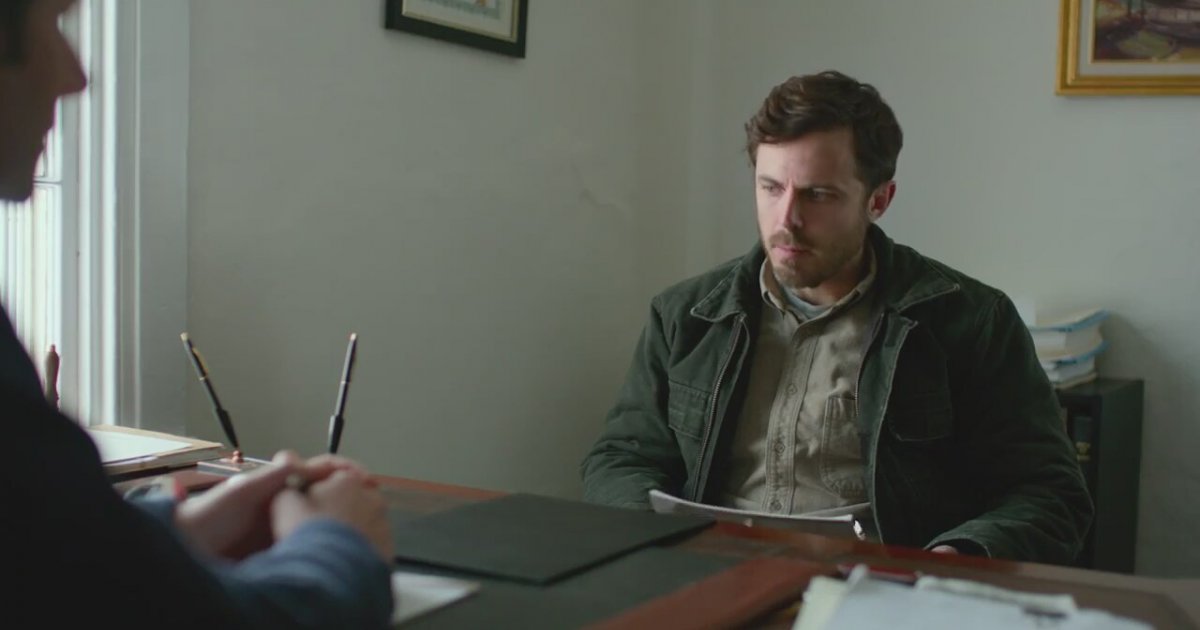
“In Moonlight, Black boys look blue” – Moonlight (Film Review)
Moonlight offers a look at the upbringing of a young man looking at three specific time periods in his life. As a boy, a teenager and a man. Moonlight has just won the Academy Award for Best Picture, following a mix up when La La Land was announced as the winner by mistake. It’s a powerful film, but is it worthy of Best Picture?
Chiron is a young, black child growing up in Liberty City, Miami. Withdrawn and bullied by other kids he seeks solace in the form of the drug dealer Juan (Mahershala Ali) and his girlfriend Teresa (Janelle Monae), in an attempt to get away from his abusive crack smoking mother Paula (Naomie Harris). As Chiron grows older we see him struggling with his identity and the relationships with those around him.

The decision to divide the narrative is both a strength and a curse, allowing for a highly organised structural narrative underneath which is an ambitious and experimental method of storytelling. The specific focus of the acts means that we miss out on events in between that is at times highly effective, and sometimes disadvantageous. For example, a character dies in between one of the gaps and the unexpectedness of the realisation is shocking and effective. However because a different actor plays the role of Chiron in each act it causes an alienating effect that can distance you from the emotion of the film. In the first transition of Chiron from boy to teenager the metamorphosis was believable, in part to an outstanding performance by Ashton Sanders as the teen Chiron. Whilst the transition from teenager to adult results in us seeing a very different side of Chiron. This jarring change in the character is not a criticism in itself, it is understandable that after such an intensely difficult childhood the adult Chiron would be a very different character. But this alienated me from the connection to Chiron’s emotional state as it was difficult to buy into Trevante Rhodes as if he was portraying the same character. In part this is down to the writing, the final act being much more contemplative, and therefore slower, than the intense passion of the opening two acts. It was disappointing for me to feel like this as the movie is phenomenally beautiful and up until that point it had me hooked within the action. Ali is wonderful as Juan, the soulful drug dealer who serves as a kind of ward for Chiron, whilst Harris is demented as the crack addicted mother who overpowers Chiron with never ending emotional abuse. The scene stealer though is truly Ashton Sanders who anchors the second act with an extraordinarily vulnerable display, somehow not receiving the same recognition as the admittedly wonderful Ali and Harris. A highlight of the film includes a much heralded sequence at a beach in the night. It’s rightly noted as a wonderful cinematic moment, gorgeously shot by Director of Photography James Lawton who captures a pure form of teenage intimacy in a way that is truly unique. It is emblematic of the beauty of the movie as a whole, thanks in part to Lawton, and Barry Jenkins must deservedly take credit for tackling such an incredibly difficult project with the kind of virtuoso direction you would expect of a far more experienced hand.

Moonlight is an exquisitely shot journey through the life Chiron. Capturing his frailty, rage and desires. It can’t quite the sustain the weight of its aspirations. Not my Best Picture of the year, but also not a bad Best Picture by any means. If a film is measured by its ambitions then Moonlight stands as tall as any.
3/5
Dir: Barry Jenkins
Scr: Barry Jenkins
Cast: Trevante Rhodes, Ashton Sanders, Alex Hibbert, Mahershala Ali, Naomie Harris, Janelle Monae, Andre Holland
Prd: Adele Romanski, Dede Gardner, Jeremy Kleiner
Music: Nicholas Britell
Country: USA
Year: 2017
Run time: 111 minutes
Moonlight is out now in UK cinemas.








